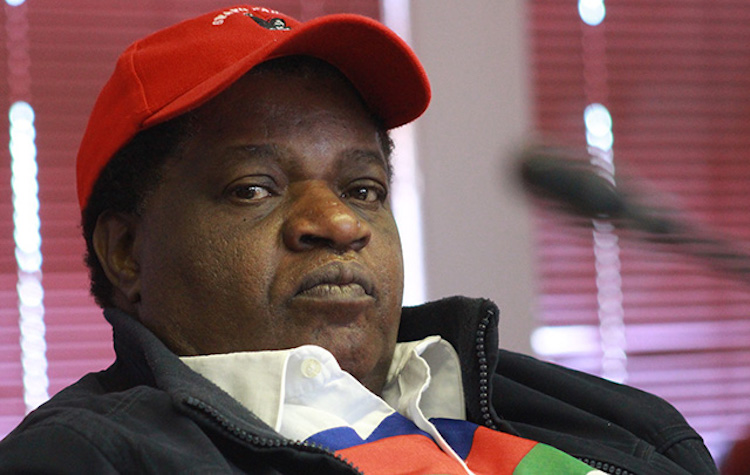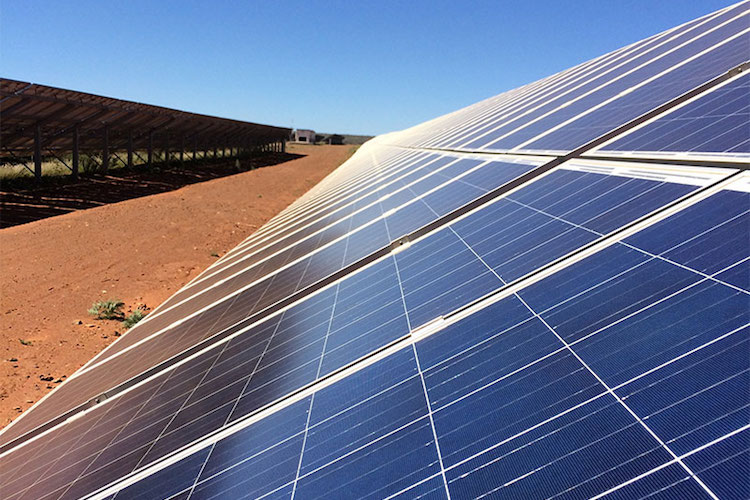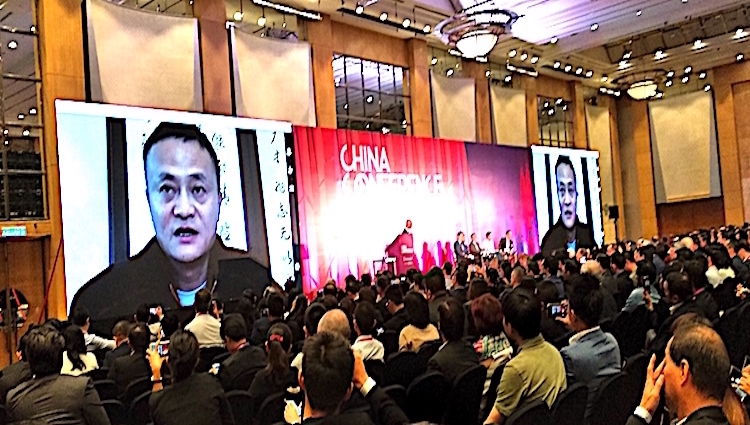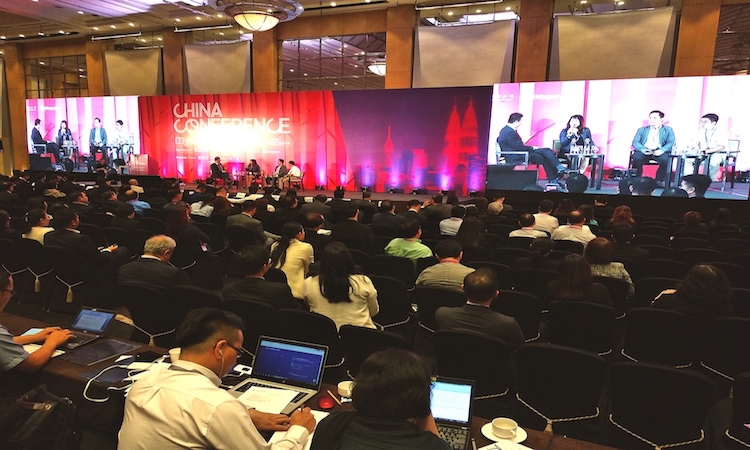By Jeffrey Moyo CHIMOIO, Mozambique (IDN) – As the blazing heat of the sun beats down on her, 25-year-old Maria Sinorita from Chimoio, a Mozambican town lying approximately 100 km east of the country’s border with Zimbabwe, struggles to draw water from the well in her yard. For Sinorita, even the water she is drawing […]
Land Deal with Russian Billionaire Causes a Stir in Namibia
By Lisa Vives, Global Information Network NEW YORK | WINDHOEK (IDN) – The Namibian government has leased four farms for 99 years to a company, Comsar Properties SA, owned by a Russian billionaire, Rashid Sardarov. Valued at USD$3 million and measuring a total 42,000 acres, the farms were registered as state property by the land […]
A Crisis Within a Crisis for the Rohingyas
By Naimul Haq DHAKA, Bangladesh (IDN) – Despite a well-coordinated effort to address the Rohingya refugee crisis in Cox’s Bazar, a coastal town bordering Myanmar, some major challenges still need attention. The local administration admits that with over one million forcibly displaced Myanmar citizens arriving in such a short time, it is indeed difficult to […]
Africa Eyes Accelerated Investment in Nutrition
By Justus Wanzala NAIROBI (IDN) – Incessant humming noise emanating from air conditioners welcomes one into an in expansive warehouse at Twiga Foods pack house in Syokimau area of Kenya’s capital. It is mid-morning and workers are busy sorting, cleaning and packing fresh produce ready for the market. Established in 2014, Twiga sources produce from […]
Southern Africa Experiencing Energy Boom
By Jeffrey Moyo LUSAKA (IDN) – Letina Phiri waits at a bus terminus in Lusaka, the Zambian capital, as loaders carry her baggage of huge solar panels to pack on the bus. “I will sell some of the panels as soon as I get home. Where I live, not far from Kabwe town, many people […]
Zimbabweans Urged Calm as Economy Veers Toward Collapse
By Lisa Vives, Global Information Network NEW YORK | HARARE (IDN) – Citing “these difficult times,” Kentucky Fried Chicken has closed its doors, prices are soaring, bread shelves are empty and fear is growing that an economic collapse is bearing down on a fragile population that was so full of hope not long ago. Under […]
Young Medical Worker Executed by Boko Haram Caliphate
By Lisa Vives, Global Information Network NEW YORK (IDN) – “We urge you: spare and release these women,” begged Patricia Danzi, director of the International Committee of the Red Cross in Africa. .. “Like all those abducted, they are not part of any fight.” “They are daughters and sisters, one is a mother – women […]
UN Urges Saudi Arabia to Release All Incarcerated Women Human Rights Defenders
By Jamshed Baruah GENEVA (IDN) – For the second time since July 31, UN human rights experts are calling on Saudi Arabia to “immediately and unconditionally” release all women human rights defenders, including six imprisoned on charges relating to their peaceful defence of human rights. The detained have been charged for being involved in pro-democracy […]
U.S. Foolish To Start Another Cold War, Says Jack Ma
By Kalinga Seneviratne KUALA LUMPUR (IDN) – U.S. will suffer more from the current trade war with China, warned Alibaba founder Jack Ma addressing over 1000 business leaders, government officials and economic experts from Malaysia and across the region attending the China Conference here on October 10-11. He added that America has been growing and […]
More Transparency Could Ricochet ‘Debt Trap’ Accusations against China
By Kalinga Seneviratne KUALA LUMPUR (IDN) – One of the major discussions at the ‘China Conference’ organized by the Hong Kong based South China Morning Post (SCMP) on October 10-11, was China’s Belt and Road Initiative (BRI) and the perception created in the region, by the western media in particular, that it is a ‘debt […]










